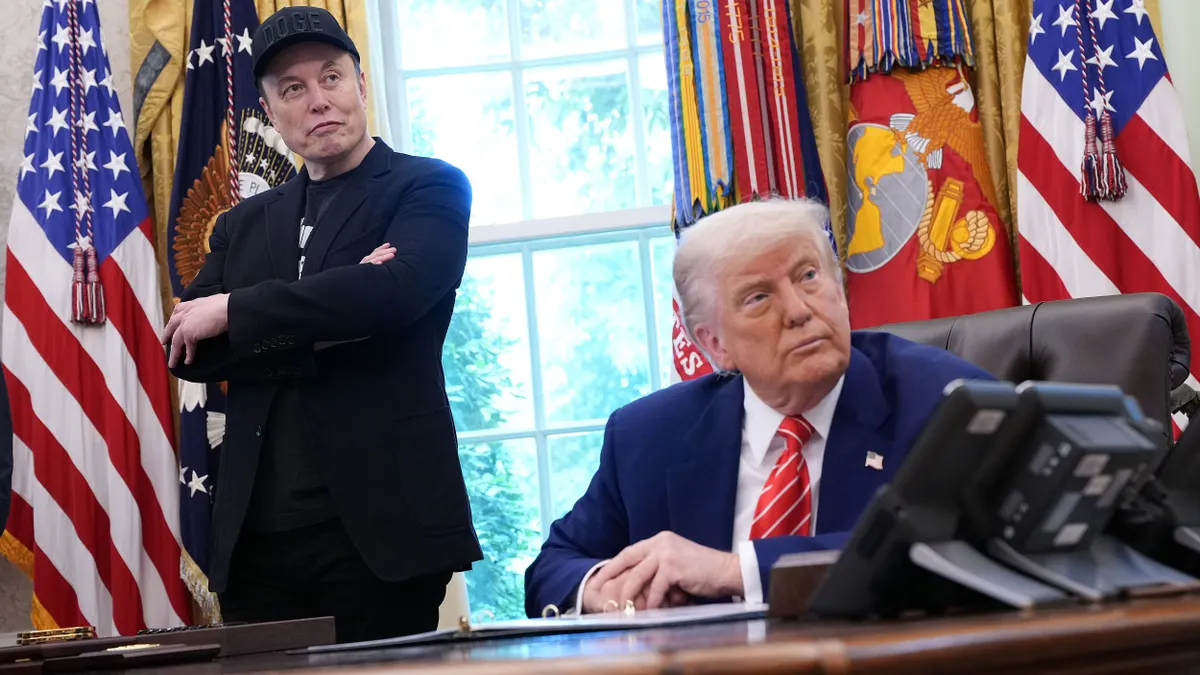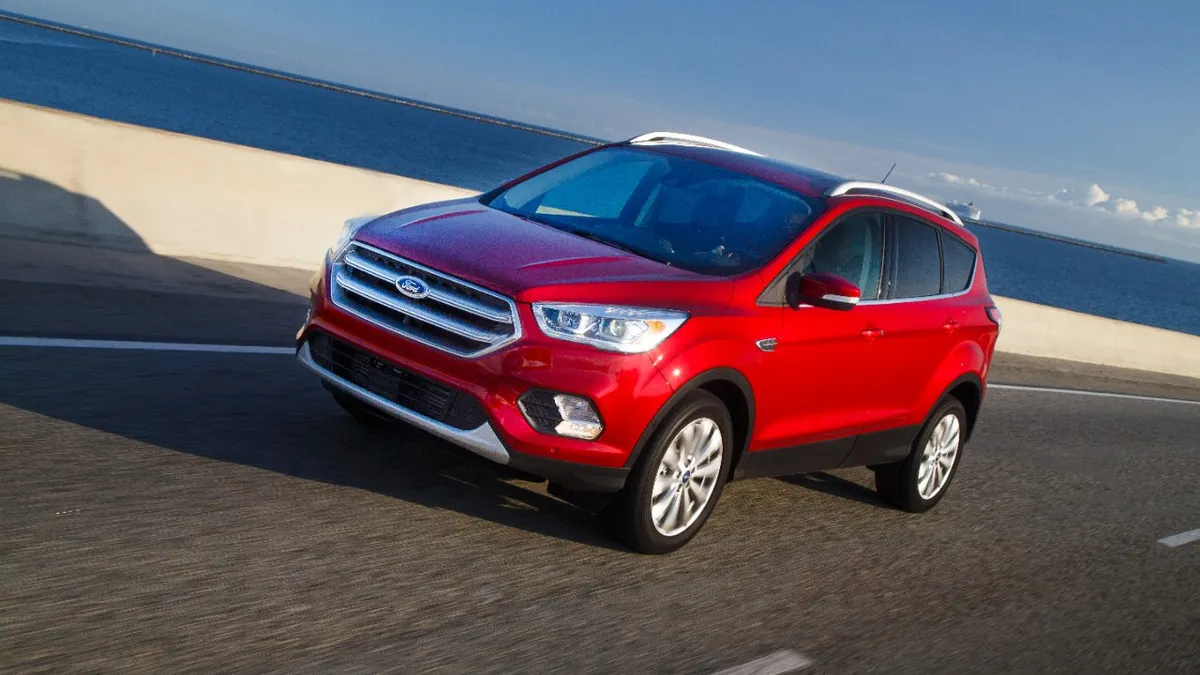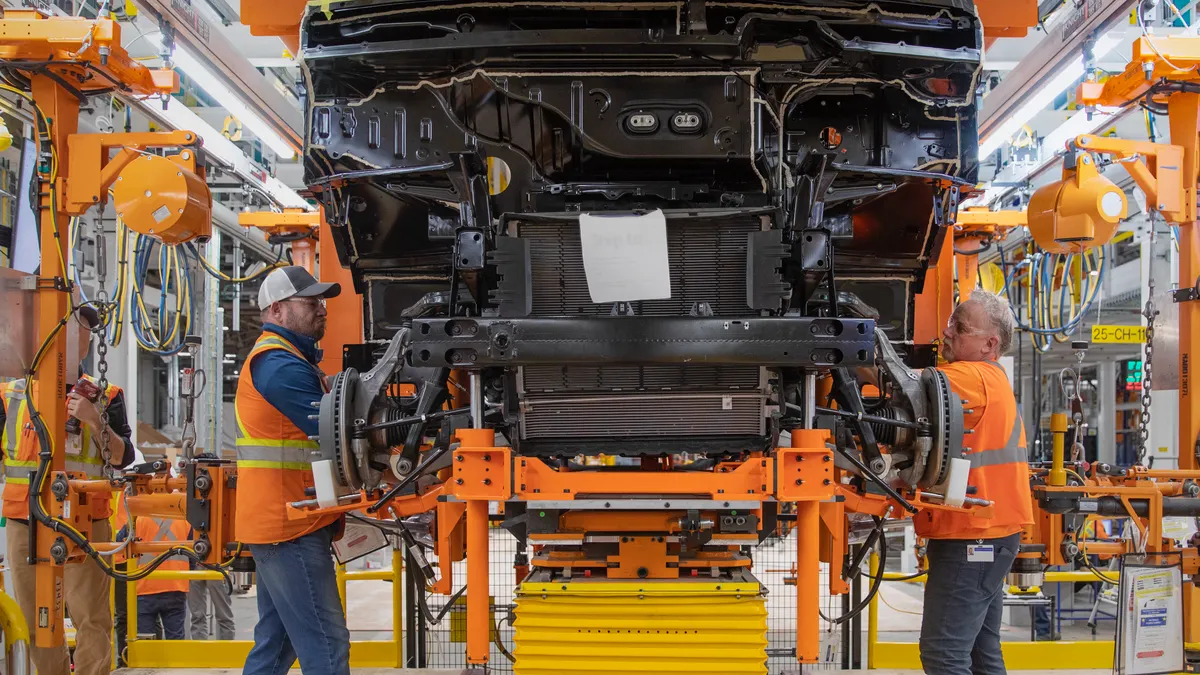Editor's note: This story is part of the WardsAuto digital archive, which may include content that was first published in print, or in different web layouts.
BOXBERG, Germany – Presiding over his last international automotive press briefing before retiring, Bernd Bohr proceeds as he has for the past 10 years, sounding more like a well-versed college professor than the top executive overseeing the world’s No.1 automotive parts producer.
The 56-year-old chairman of Robert Bosch’s automotive group, and a board member of the Stuttgart-based supplier, steps down July 1 after 30 years with the company and piloting it successfully through a dark economic period in which dozens of major auto suppliers went bankrupt or suffered extreme downsizing.
Not only did Bosch survive, but it grew. And while many Tier 1 suppliers communicated very little with media during those dark days, Bosch continued its international press briefing, an event held every other year for some 300 journalists from more than two dozen countries.
But the event never has served as an infomercial for Bosch. Instead, the supplier divulges reams of statistics in explaining key trends in its product segments and welcomes questions. A German engineer to the core, Bohr, as well as the rest of his executive team, likes to share dizzying amounts of data.
Within the first minute of his presentation at Bosch’s proving grounds here, he tells journalists:
- China and India’s share of global vehicle production has more than tripled, from 8% to 28%, in 10 years.
- Bosch sales in both countries have skyrocketed from €900 million to €7.4 billion ($1.2 billion-$9.8 billion) over the same period.
- 54% of vehicles worldwide have electronic stability control (a Bosch innovation), up from 14% 10 years ago.
- 22% of new cars worldwide have gasoline direct injection, up from 2% a decade ago.
“In light of figures such as these, who can claim that technical developments have reached their limits?” Bohr says. “In fact, the opposite is true: The pace of development continues to pick up, in the form of powertrain electrification and the automation of driving.”
Bosch’s automotive operations generated revenue of about €31 billion ($41 billion) in 2012, and Bohr says he expects the operation to grow up to 5% this year.
But not all is rosy, as Europe remains a dismal market for new cars due to the region’s economic woes.
“At the moment, we would say it has hit bottom,” Bohr says when asked about the European economy. “On the other hand, we do see that Europe will stagnate for quite a few years to come. That’s definitely our assumption. This year, car production will be somewhat down. Last year, it was down about 3%. This year, maybe it’s down 1%.”
Despite this, Bohr expects “moderate growth” for Bosch’s automotive business in Europe.
The supplier also is doing well in the U.S. and China. However, “India is not going to be good for us this year,” he says. “Down on commercial vehicles and down on passenger cars, but up on tractors.”
Bosch is a major player in powertrain components, such as fuel injectors and electronic controllers, for internal-combustion engines. But Bohr expects more options for alternative propulsion.
“Looking ahead to 2020, we expect to see 110 million newly registered vehicles around the world by then, 12 million of them with an electrical powertrain,” he says.
“We aim to develop lithium-ion batteries that will at least double the range of the electric vehicles we now have, and this is at half the cost per kilowatt-hour. This is the best possible way to promote the purchase of electric vehicles.”
Other highlights from Bohr’s presentation:
- Bosch delivered more than 5 million gasoline direct-injection systems in 2012 and expects the number to grow to 9 million in 2015. The number of common-rail high-pressure diesel injection systems is forecast to balloon from 8 million in 2012 to about 12 million in 2015.
- The light-vehicle diesel market in North America, although negligible now, is growing with several new engines arriving this year, and more on the way. Bohr says a 10% diesel share in North America is “realistic” by 2018.
- Head-up displays are becoming more affordable, and Bosch will supply a low-cost system with navigation directions for compact vehicles later this year. Only about 500,000 new vehicles worldwide will have head-up systems this year, but the company expects that figure to reach 3.6 million by 2016.
- The supplier is investing €400 million ($534 million) annually in electromobility, and by the end of 2014 will be working on 30 programs dedicated to powertrain electrification. Its first customer for a complete electric drive is the Fiat 500e, and Bosch’s plug-in hybrid system is debuting in the Porsche Panamera.
Driving auto makers headlong into electrification are corporate average fuel economy standards in the U.S. and Europe’s 2020 mandate that vehicle fleets achieve average carbon-dioxide emissions of 95 g/km.
Bosch is shopping a number of technologies to help auto makers meet these standards. Among them is its electric eClutch, which reduces fuel consumption some 5% by shifting into neutral when the driver steps off the gas. The supplier also offers what it claims is the world’s first hydraulic hybrid drive for passenger cars, said to reduce fuel consumption up to 45% on city streets.
The market for electric vehicles continues to be tepid, partially due to high sticker prices and driver range anxiety. A Bosch executive recently said that by 2020 fully charged EVs should achieve a driving range of 186 miles (300 km), about double the current range.
Asked whether the industry can wait that long before consumers lose interest in EVs, Bohr says he doubts consumers will give up on electrification.
“Once we get people to drive an electric car, they typically find it attractive,” he says. “They like purely electric driving in cities. This attraction won’t fade away, I think. You may find people who say, ‘It’s nice, but this cost-benefit relation doesn’t work for me. It’s still too expensive,’ or there’s not enough range.”
Still, Bohr is convinced interest in EVs will “gradually edge up again as more attractive vehicles come into the market. We will see.”
After immersing himself in automotive technology and keeping a grueling travel schedule that included a long-term assignment in Asia, Bohr says he is ready for a new chapter in his life. “I know what I’m going to do the next three months: sailing in Irish, Scottish and maybe Norwegian waters.”
After that Bohr plans to work, but at a less hectic pace. “Week before last I was in Japan, last week in India and next week in the U.S.,” he says. ‘I thought, should I continue for another five years or look at a slightly different work portfolio?” He chose the latter.
Bohr says he made the decision “some years ago” and informed management. “The people coming after me are well-prepared, and I think it will be a great team to lead the company forward.”


















